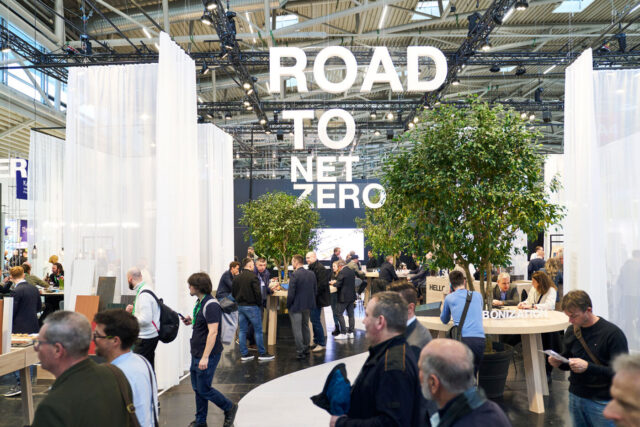
© Messe München / Markus Broenner
Sustainability as a strategic task: the trend towards practicality
Sustainability remains not only a strategic but also a very dynamic assignment. AUMA's experts Barbara-Maria Lüder and Nikolai Mizin, both in charge of sustainability matters, explain the developments affecting the trade fair industry.
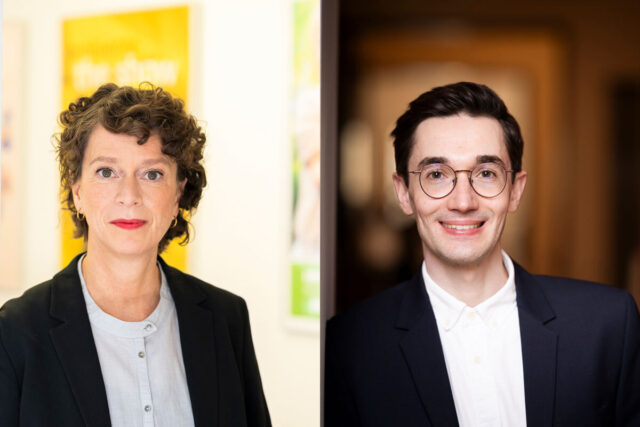
Barbara-Maria Lüder and Nikolai Mizin belong to the AUMA Department of Politics, Law and Sustainability. The two of them are involved in all topics concerning sustainable trade fairs.
© AUMA / Steffen Kugler
Europe wants to strengthen its competitiveness, that is why the European Union aims at reducing bureaucracy. This signal from Brussels is audible for the German trade fair industry, too. Many companies in the sector would like to be able to invest more of their time and financial resources in the actual sustainability transformation instead of having to spend them primarily on fulfilling reporting requirements.
Higher threshold levels, postponed deadlines, tightened standards: The EU Commission's recent proposals from the so-called Omnibus package are intended to significantly simplify the CSRD reporting directive, the CSDDD supply chain directive and the EU Taxonomy Regulation. So far, only the postponement of the reporting requirements - including the CSRD by two years - have been adopted at EU level. However, companies still need to be patient when it comes to defining the companies affected and the scope of the required reports: An agreement between the European Parliament, the European Council and the EU Commission is expected by the end of 2025.
Trade fair industry needs legal certainty
Companies in the trade fair industry that are already working on sustainability reporting and investing in resources and solutions to comply are facing uncertainty. For this reason, shortly after the Omnibus Initiative was announced, the Association of the German Trade Fair Industry (AUMA) called on decision-makers in Brussels and Berlin to speed up the process and create legal and planning certainty. Equally important are the objectives with which Germany will participate in future negotiations. The German trade fair industry appreciates that CDU / CSU and SPD will advocate an exemption of municipal companies from reporting requirements, as stated in the coalition agreement.
With the Omnibus EU proposal, Brussels is endeavouring to dispense with reporting obligations for smaller companies. However, the pressure often comes from elsewhere: shareholders and business partners, but also increasingly banks and insurers, are dependent on information about environmental, social and corporate governance (ESG) from companies. The aim here is to create a less comprehensive standard for voluntary reporting. This reporting matrix is intended to meet the demands of stakeholders and at the same time shall protect the companies from too excessive inquiries. However, this standard won’t be defined before 2026.
"Regardless of the developments in Brussels, sustainability remains a key issue for the trade fair industry."
Sustainability remains a key topic for the future
With the proposed alleviation, the EU is focusing on making the regulations feasible and reducing the burden on companies without losing sight of sustainability goals. New regulations will come into force expediting decarbonisation. For example, the regulation concerning supply chains without deforestation (EUDR), which might be an issue for the trade fair industry in terms of stand construction and catering.
Regardless of the developments in Brussels, sustainability remains a key issue for the trade fair industry. This includes, for example, climate targets at state or municipal level, some of which are significantly more ambitious than the national target of greenhouse gas neutrality by 2045. As many trade fair companies are municipal enterprises, expectations are correspondingly high - especially due to their role model status in public.
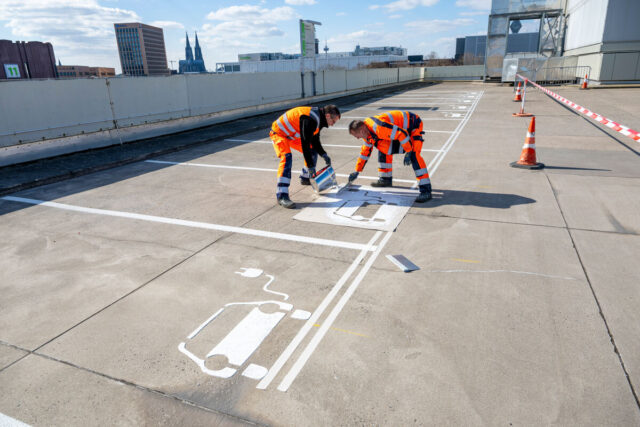
A total of 164 charging points can be found on the parking decks directly on the exhibition halls, on the grounds and in the multi-storey car parks.
© Koelnmesse / Uwe Weiser
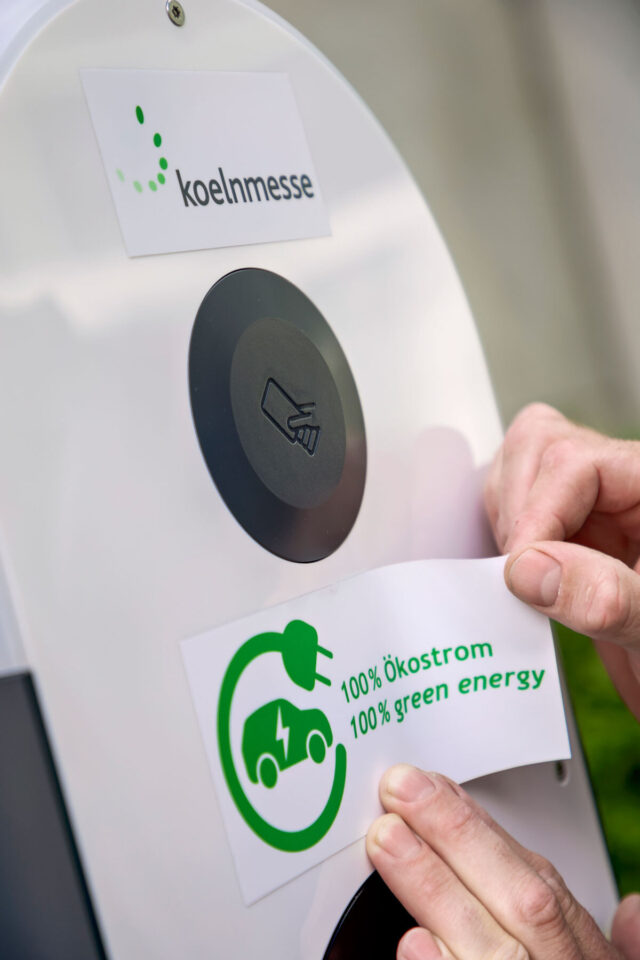
All green (electricity) at Koelnmesse
© Koelnmesse / Hanne Engwald
Circular economy is becoming more important
Another strategic topic is circular economy. The National Circular Economy Strategy (NKWS) determined by the federal government in December 2024 is an important step on the path towards a circular economy. The concept of circular economy helps to reduce waste and emissions. At the same time, it helps to counteract the increasing shortage of natural resources, develops innovative circular business models and thus creates jobs. A positive side effect is that costs can be reduced noticeably in the long run. That applies to the trade fair industry, too.
Last year, the Federal Association of the Event Industry (fwd:) and AUMA jointly launched the so-called “Resource Table”. This format takes place on a regular basis, and is a platform where stand construction companies, suppliers and trade fair organisers discuss challenges and solutions in dealing with resources at trade fair events. The participants want to merge already existing guidelines on waste avoidance and thus develop instructions for the use of sustainable materials based on the existing expertise.
In addition, a project at Osnabrück University of Applied Sciences is looking at the modelling of typical exhibition stands and halls. To this end, the students are investigating which materials are required for stand construction and how much energy is used, as well as the emissions, waste volumes and recyclable materials and products generated during stand construction. In addition to Leipziger Messe and AUMA, the trade magazine "tw Tagungswirtschaft ", the sustainability agency 2bdifferent and the trade fair architects imb troschke are also involved in the project. The project is funded by the German Federal Environmental Foundation. The aim is to develop explicit recommendations for implementing circular economy in the industry. Hence sustainability in the trade fair industry shall be made measurable, effective and future-oriented.
Barbara-Maria Lüder (born 1973) has been responsible for legal affairs, taxes and technology at AUMA since 2006 and for sustainability since 2008. She worked as a hotel manager in Hamburg before completing law school in Kiel and Berlin.
Since the beginning of 2025, Nikolai Mizin (born 1985) has been supporting the Politics, Law and Sustainability Department at AUMA as Sustainability Manager. Prior to AUMA the St Petersburg native has worked for trade associations and in the public sector, where he was responsible for sustainability matters, too.
